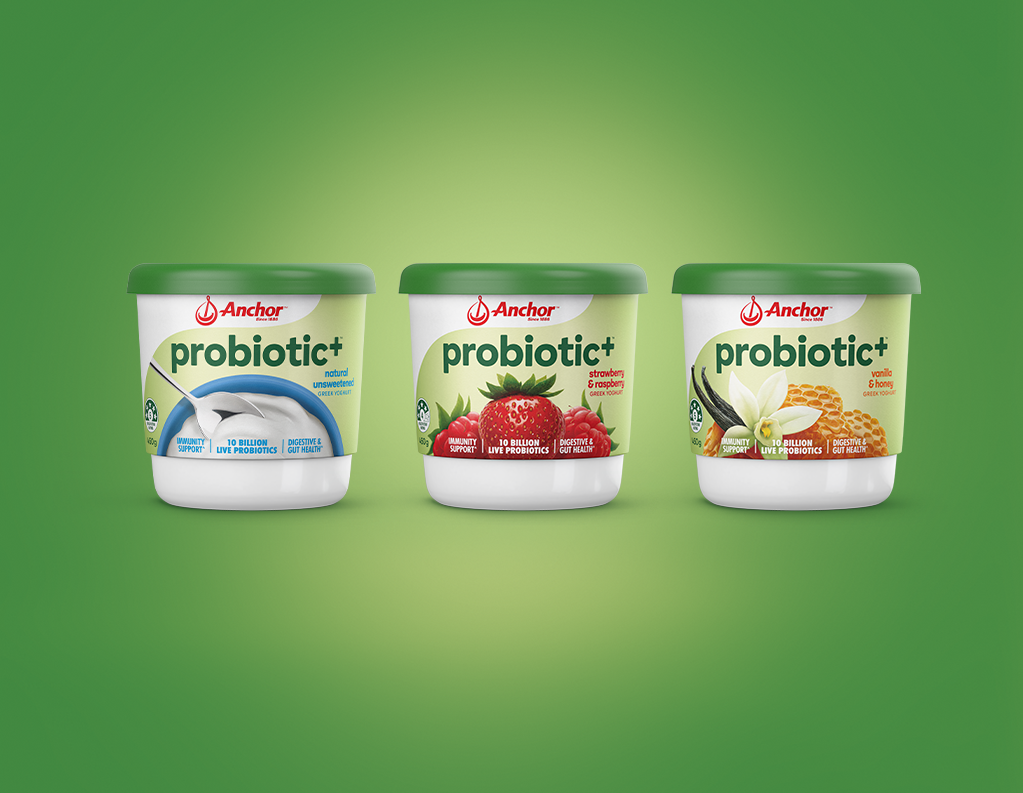The gut is one of the places where the food we eat gets broken down into base nutrients, that then move to our cells, which help sustain our body.
So it’s essential we keep our gut in a good balanced condition.
In recent years, the connection between the gut and brain has become more and more apparent, so much so that the gut is often labelled the ‘second brain’. By nurturing your gut and digestive health, you may open the door to other unexpected wellness benefits. Meanwhile, poor digestive health may not only have physical symptoms like feeling bloated or sluggish, but may also impact your mood and ability to deal with stress. It all starts with what we consume, then how we choose to react to the signs and symptoms our body presents back.
We’ve pulled together five tips for supporting your gut and digestive health down below:
1. Drink enough fluids
Hydration is key to getting your bowels to function smoothly and to aid your body's natural detoxification processes. If you are leading an active lifestyle, it is really important to ensure you drink enough water. It's recommended to drink roughly about 2L of water each day, or 6 to 8 cups. However, your fluid intake may sometimes include unflavoured low-fat milk as an alternative to water. This also provides calcium, protein, and other nutrients to your day.
2. Probiotics for the win
But what are they and why? Probiotics are live microorganisms, found in some foods, that may aid digestion by boosting the number of friendly or 'good' bacteria that live naturally in the gut. They are thought to be important modulators for health, operating through a complex system to support many facets of our inner wellbeing.
Eating a range of healthy foods helps to support a healthy gut microbiome, but adding probiotic foods to your overall diet can help your gut health further. Foods such as yoghurt, kimchi, sauerkraut, kefir and kombucha contain probiotics that can help balance the ‘good’ and ‘bad’ bacteria in the gut (our ‘gut flora’).
Overall, the key benefits of probiotics include:
- Supporting the number of 'good' bacteria in the gut
- Aiding natural digestive balance
Probiotic yoghurt is one way you can get more "good" bacteria in your diet. All yoghurts contain bacterial cultures that help set the yoghurt but probiotics also contain added probiotics.
When you look at the dairy chiller next time, look for the yoghurts that can 'probiotic cultures' such as Anchor Probiotic+ Greek yoghurt.
3. Staying calm
When your body is under pressure and is tense, the digestive system is one of the most affected systems in the body. If your body is tense and wound up, it can automatically go into 'fight or flight' mode, deprioritising digestion and other everyday processes. . By taking a step back, reassessing and calming the mind and body with deep belly breathing and a regular meditation practise you can shift from a state of ‘fight or flight’ to a calmer and more even state of mind. This not only allows for a deeper level of relaxation but also may help with digestion. There are some fantastic apps available which can help with putting in place a regular meditation practise – Headspace and Insight Timer are some of the Anchor team's favourites.
Taking some time to do the things you enjoy can also help to create balance in your busy schedule. Yoga, running, spending time with friends, reading a book - do what works for you to unwind and relax.
4. Ensuring that you eat a varied diet
Making sure you are eating food from all the different food groups can help with achieving a balanced gut microbiome. Including an adequate amount of fibre in your diet is thought to be particularly important for gut health.
Eating a good breakfast can set you up for the day, even if it involves getting out of bed 5 minutes earlier. Try some eggs on whole grain toast with a side of spinach, or porridge made with milk and fruit on top. A quick and easy option is whizz up a smoothie including fruit/veges, whole grains, and a quality protein source such as yoghurt or milk. We have a range of different recipes idea here to help increase your smoothie repertoire for those days you are short on time.
5. Exercise
Upping the ante with your exercise, within reason, could also keep with changing the composition of your gut microbiome. In one study, researchers said they noticed changes to the gut microbiome after just six weeks of exercise. Interestingly, when participants returned to their normal sedentary lifestyle, the gut microbiome reverted back to how they were before the six weeks of exercise. You can read more about the study here.
The trick is to make sure it is a form of exercise you love, and love enough to want to do it consistently (at least 30 minutes a day). Whether it's signing up to gym classes at your local leisure centre, finding a yoga studio, pounding the pavement or taking up Tai Chi, there's something for everyone. It's worth exploring what gives you the endorphin buzz and could help support gut while you're at it.



